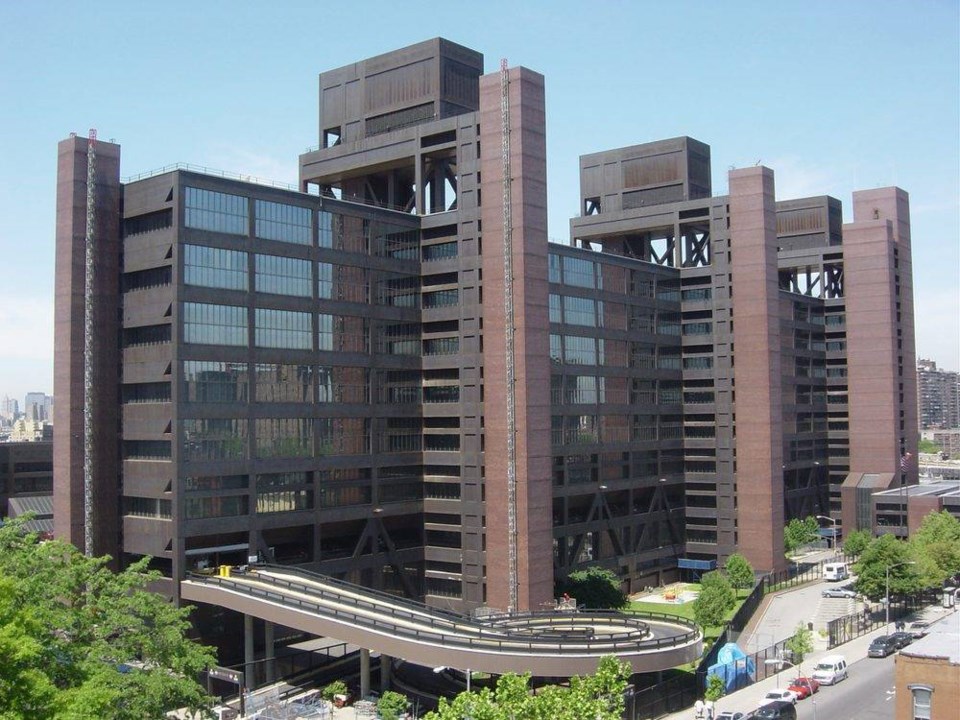Every day, I walk into the emergency department of Woodhull Hospital, where I work, and see the face of America’s healthcare crisis. I treat the most vulnerable populations, immigrants too afraid to seek preventive care, elderly patients who rely on Medicaid to cover their prescriptions and children—so many children—whose only access to healthcare comes through the program Congress is now threatening to gut.
If the proposed $880 billion in Medicaid cuts over the next decade go through, as Congress is now entertaining, it won’t just destabilize budgets or pay cuts. It will end lives. That’s not hyperbole—that’s a medical reality. In New York City, half of all residents depend on Medicaid or Medicaid-related programs like the Essential Plan. That’s four million people—parents, grandparents, neighbors—who could lose access to care.
Rep. Nicole Malliotakis represents one of the communities most at risk. Staten Island and parts of Brooklyn, where I am from, are home to thousands of people who use Medicaid for everything from prenatal checkups to life-saving cancer treatment. These are not "abusers" of the system. They are human beings.
In my ER, I don’t ask about immigration status or income level. I ask where it hurts, how long it’s been hurting and why you didn’t come in sooner. The answer is often the same: “I couldn’t afford it.” Medicaid is their only safety net, and it’s already fraying. Slashing federal contributions, imposing work requirements or capping spending per enrollee—measures currently under discussion in Congress—would shred it entirely.
Let’s be clear about the ripple effects. When Medicaid is cut, patients delay care until it becomes an emergency. That leads to higher costs, overcrowded hospitals and worse outcomes. When our hospitals lose Medicaid funding, they reduce staff, cut specialty services and close programs. That’s already happening. Additional cuts would be devastating, especially for Health + Hospitals, the city's public hospital system, which depends heavily on Medicaid
dollars to operate.
And it’s not just an urban issue. Medicaid pays for most long-term care in New York, supports people with disabilities and helps working families stay afloat. A staggering 40% of children nationwide are covered by Medicaid. Are we really ready to gamble with the health of nearly half our next generation?
From an economic standpoint, this is shortsighted policymaking. Healthy people work. Healthy children learn. Healthy seniors stay in their homes longer. Medicaid doesn’t just keep people alive, it helps keep them productive and contributing to society. Cutting it may save a few budget lines in the short term, but it will cost us far more—in ER visits, in public health crises in human potential—down the line.
To those in Congress pushing this agenda: understand what you are doing. You’re not trimming fat. You’re slicing into bone. You’re making decisions from spreadsheets that will be felt in trauma bays and pediatric clinics.
And to Representative Malliotakis, I implore you as one of your constituents, please stand up for your constituents. You’ve said we need to root out fraud to preserve the system. Fine. Let’s do that. But don’t burn down the house to fix the wiring.
I didn’t become a doctor to watch patients suffer needlessly. I certainly didn’t become one to see them turned away because Congress decided their lives weren’t worth the cost. People’s lives must come first. Medicaid isn’t a luxury. It’s a lifeline. Don’t cut it.
Dr. Laurence Rezkalla, Emergency Physician, NYC Health + Hospitals/Woodhull.




